Non-Intrusive Model Order Reduction: Applications in Naval Optimization
Please login to view abstract download link
Partial differential equations (PDEs) are invaluable tools for modeling complex physical phenomena. However, only a limited number of PDEs can be solved analytically, leaving the majority of them requiring computationally expensive numerical approximations. To address this challenge, reduced order models (ROMs) have emerged as a promising field in the computational sciences, offering efficient computational tools for real-time simulations. Among the many applications of ROMs, non-intrusive model order reduction has experienced rapid growth due to advancements in scientific machine learning, garnering significant interest from industries reliant on closed-source, commercial solvers that are impractical for many-query scenarios. In this talk, we present two applications of non-intrusive ROMs to simulation-based optimization within a naval engineering context: the first focuses on Computational Fluid Dynamics (CFD) for propeller design, while the second addresses structural optimization for cruise ships. In the first case, an optimization pipeline for propeller efficiency is presented, as described in [1]. Proper Orthogonal Decomposition (POD) and Radial Basis Function Interpolation are used to predict efficiency changes resulting from geometric deformations. Two approaches are explored: integrating the predicted quantities on the deformed mesh or using Gaussian quadrature points on the blades. The optimization is performed using a Genetic Algorithm (GA). In [2], the authors present a pipeline for the structural optimization of cruise ships, where the structural response to extreme waves is computed for different thickness values of the steel plates composing the structural elements. The ROMs constructed with POD and Gaussian Process Regression are applied in both multi-objective optimization using GA and single-objective Bayesian Optimization. Furthermore, the ROMs enable the reformulation of the problem with additional decision variables, in order to adapt to the emergent stress configurations. REFERENCES [1] A. Ivagnes, N. Demo, and G.Rozza. A shape optimization pipeline for marine propellers by means of reduced order modeling techniques. International Journal of Numerical Methods in Engineering, 125(7), 2023. doi:10.1002/nme.7426 [2] L. Fabris, M. Tezzele, C. Busiello, M. Sicchiero, and G.Rozza. Data-driven parameterization refinement for the structural optimization of cruise ship hulls. arXiv:2411.09525, 2024. doi:10.48550/arXiv.2411.09525

